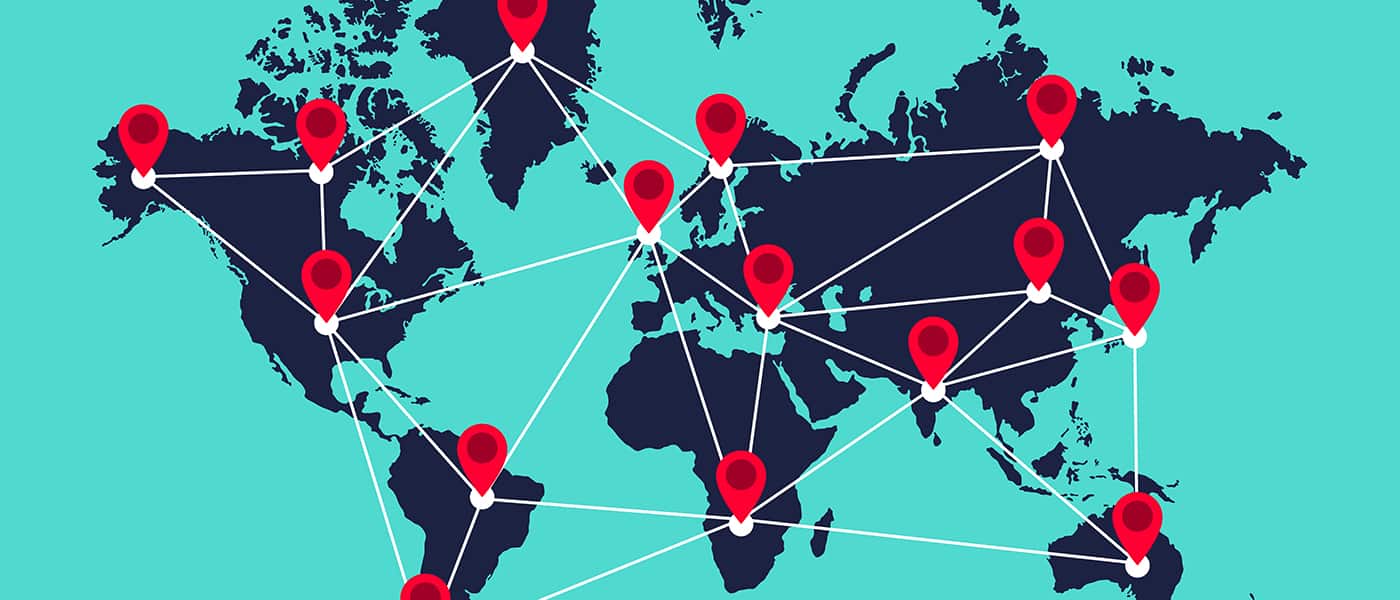The concept of digital freight forwarders has been getting more traction in the last decade with more players arriving in the market, making the shift from a traditional freight forwarder. A traditional freight forwarder is defined as a company or individual that is tasked with the responsibility of organizing shipments of cargo, via different modes of transport on behalf of either an individual or company, whereby the goods must travel from its point of origin to its point of destination and final delivery.
With digitalization technology taking over the world, the logistics industry has advanced with may digital and online platforms utilized to supplement the various logistics operations and processes. However, there is a stark difference between traditional versus digital freight forwarders, as the latter continues to disrupt or shake up the way the former carries out operations, and some feel for the better!
Today, we have put together a comparison on how traditional versus digital freight forwarders fare based on a comparison on factors that are important to the norm and what the future would be.
Traditional Versus Digital Freight Forwarders: Contact
One of the most key factors of buying patterns and behaviors is that instant gratification is one of the biggest demands. Similarly, customers also require almost instant responses. With concern to traditional freight forwarders, most often contact is via the phone or email, however with digital freight forwarders, there are other modes of contact that have been set in place due to the business being completely digital with more communication and social media tools being available.
Traditional Versus Digital Freight Forwarders: Buying Experience
Often, traditional freight forwarders offer the best quotes based on the shippers and carriers they work with, and if you want to compare quotes, then you would have to manually do it yourself. However, a with digital freight forwarder platforms, you are able to compare against the various options.
Traditional Versus Digital Freight Forwarders: Documentation
Shipping documentation and communication of the correct information is vital, and its almost always done via either written form, email or even downloaded from the website when it comes to traditional freight forwarders. With digital freight forwarders, customers too can utilize the website but upload it back on to their accounts based on the ERP system.
Traditional Versus Digital Freight Forwarders: Tracking
With traditional freight forwarders, most often updates are provided via email or as and when you request them. However, depending on their technological advances and website or app integrations, your traditional freight forwarders will supplement you with a way to check on your shipment real time. Digital freight forwarders, being completely digital and online, offer real time data on location, and estimated delivery and arrival based on their calculations that are updated real time.
With more and more traditional freight forwarders investing into digital platforms and changing their overall strategies to go digital, they are going up against the few up and coming digital freight forwarders. Whilst, the latter provided more features, businesses still rely on trust and reliance and are more comfortable with handling their business dealing personally or via telecommunications at least as first. What are your thoughts? Would you go to digital?

